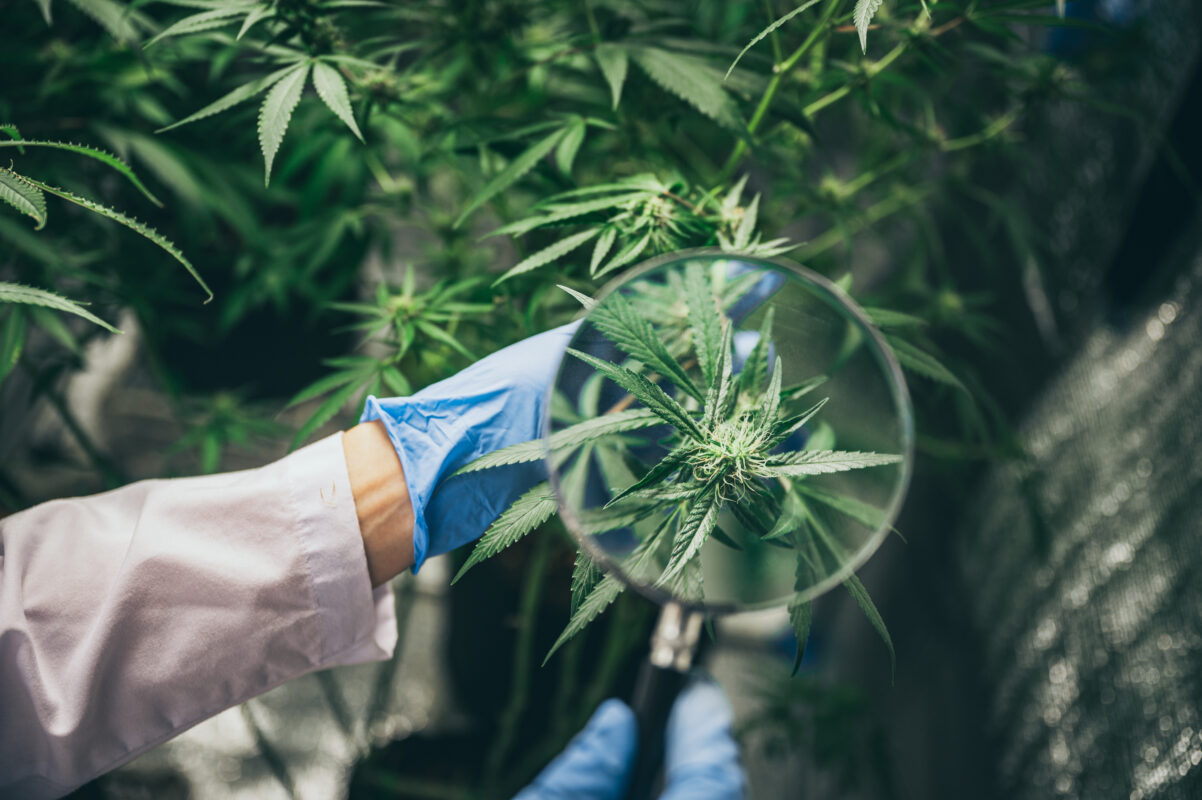Uncategorized
Debunking Common CBD Myths: Separating Fact from Fiction in 2024
Debunking CBD Myths – In recent years, CBD (cannabidiol) has gained widespread popularity for its potential health benefits and therapeutic properties. However, along with its rise in popularity, a myriad of myths and misconceptions have emerged, clouding the understanding of this compound and its effects. As we venture into 2024, it’s crucial to separate fact from fiction when it comes to CBD. Let’s debunk some of the most common CBD myths circulating today.
Myth #1: CBD Gets You High One of the most persistent myths surrounding CBD is that it produces a euphoric “high” similar to that of THC (tetrahydrocannabinol), the psychoactive compound found in marijuana. In reality, CBD is non-intoxicating and does not produce the mind-altering effects associated with THC. CBD interacts with the body’s endocannabinoid system in a different way, offering potential therapeutic effects without the psychoactive effects of THC.
Myth #2: CBD Is Illegal Everywhere While CBD’s legal status has been a source of confusion, particularly in the past, the landscape has evolved significantly in recent years. In 2024, CBD derived from hemp containing less than 0.3% THC is federally legal in the United States, thanks to the passage of the 2018 Farm Bill. However, it’s essential to note that state laws regarding CBD may vary, so it’s always wise to check local regulations.
Myth #3: All CBD Products Are the Same Not all CBD products are created equal. There’s a wide range of CBD products on the market, including oils, tinctures, edibles, topicals, and more. Quality can vary significantly between brands, with factors such as extraction methods, sourcing, and third-party testing affecting the potency and purity of the product. It’s essential to research brands and opt for reputable companies that prioritize quality and transparency.
Myth #4: CBD Is a Cure-All While CBD has shown promise in alleviating symptoms associated with various health conditions, it’s not a cure-all solution. CBD should be viewed as a complementary therapy rather than a standalone treatment. Its effectiveness can vary depending on individual factors such as dosage, the severity of the condition, and overall health. It’s always best to consult with a healthcare professional before incorporating CBD into your wellness routine.
Myth #5: CBD Has No Side Effects While CBD is generally well-tolerated by most people, it can cause side effects in some individuals, especially at higher doses. Common side effects may include drowsiness, dry mouth, diarrhea, and changes in appetite or weight. Additionally, CBD can interact with certain medications, so it’s crucial to consult with a healthcare provider if you’re taking prescription medications.
In conclusion, as CBD continues to gain popularity and acceptance, it’s important to debunk the myths and misconceptions surrounding this compound. By understanding the facts about CBD and its effects, consumers can make informed decisions about incorporating it into their wellness routines. As we navigate through 2024 and beyond, let’s continue to prioritize education and accurate information to maximize the potential benefits of CBD.

